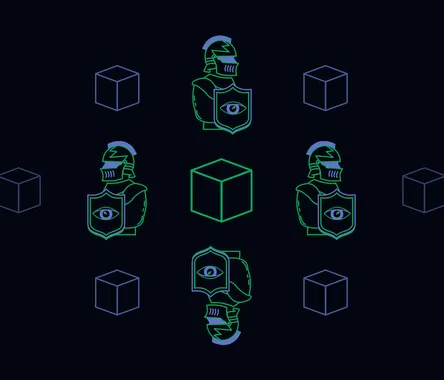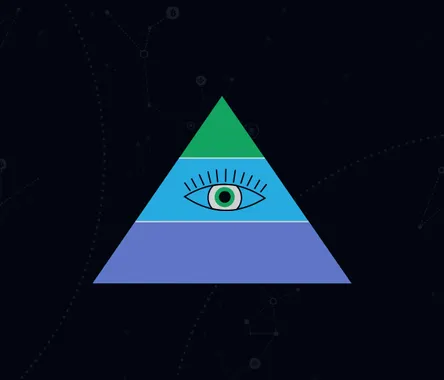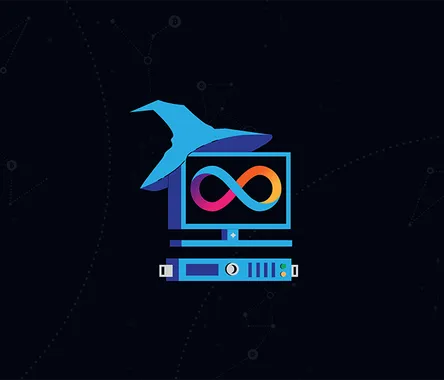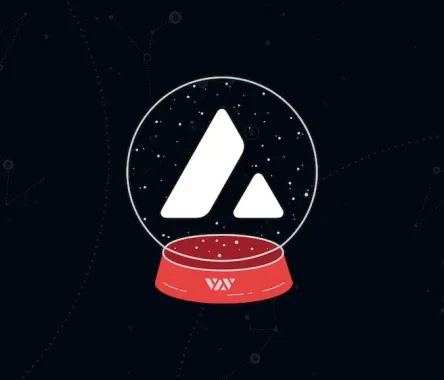What is Oasis Network?
Oasis Network is a privacy-oriented Layer-1 blockchain focused on open finance, Web3, and a responsible data economy.
Oasis Network prides itself on its unique modular architecture, which allows faster speeds up to around 1k transactions per second, much lower gas, a high level of throughput, and privacy protection.
How does Oasis Network work?
The Oasis Network is a Layer 1, proof-of-stake, EVM-compatible decentralized network, which achieves a high level of scalability by separating the consensus and execution into two parallel layers. Oasis Network provides similar benefits as a chain would enjoy from a sharding mechanism but Oasis offers an architecture that requires a smaller replication factor while maintaining the same level of security.
As mentioned above, the network has two main architectural components: the Consensus Layer and the ParaTime Layer.
Oasis Network's Consensus Layer is composed of a decentralized set of validator nodes that are entrusted to maintain the blockchain using the Proof of Stake model. The nodes are run by independent node operators. The basis of this layer is the modified version of Tendermint, a Byzantine-Fault Tolerant consensus protocol.
The selection of validator nodes is made on a random basis in order to form a committee that accepts the updated state hashes from ParaTimes, which operate as separate networks. The committee's main goal is to ensure the security of the network and is currently set to 120 validator nodes. The voting power of validators depends on the number of tokens staked.
Validators have to stake a minimum of 100 ROSE tokens to take part in the network management in exchange for rewards. Each registered entity is entitled to have only one node elected to the consensus committee at a time. The likelihood of being enlisted in the committee is proportional to a validator's stake weight. Validators are required to sign at least 75% of blocks in each epoch to be eligible for staking rewards.
The network also applies a slashing mechanism whenever the double-signing occurs. Validators detected in double-signing will lose their minimum stake amount and will have their nodes frozen.
The ParaTime Layer is a layer for the execution of smart contracts, which hosts parallel ParaTimes, each representing a replicated computing environment with a shared state. ParaTimes operate as a separate chain and can be built in isolation to meet the particular needs of certain applications. The ParaTime Layer is said to be entirely decentralized, allowing anyone to develop and build their own ParaTime, which can be either permissioned or permissionless.
Running a ParaTime requires the involvement of node operators, who contribute nodes to a permissioned or permissionless compute committee in exchange for rewards. Oasis Network applies a discrepancy detection mechanism to verify ParaTime execution and enhance security. More specifically, nodes are selected randomly to constitute a compute committee, which accepts results only upon the consensus of all committee members.
ParaTimes can be run by anyone, who can configure their own reward system, participation requirements, and structure; meanwhile, node operators are allowed to take part in any number of ParaTimes.
In a private ParaTime, nodes are additionally required to use a type of secure computing technology called Trusted Execution Environment (TEE). TEEs act as a hypothetical black box where data is decrypted and processed by smart contracts and then encrypted prior to being released from this black box. In such a manner, the data remains confidential and is never exposed to a node operator or dApp developer.
How to use Oasis Network?
Oasis Network can be deployed to house DeFi applications, metaverse, GameFi, NFTs, DAOs, and for data tokenization. The only wallet Oasis Network supports is its native OASIS wallet. The guide on how to set up this wallet can be found here.
Any individual or organization may participate in the network by running a node upon having the minimum required hardware and software prerequisites, described here. The full guide on how to set up a node can be found here.
The ROSE Token
ROSE is the native token of the Oasis Network with the total cap fixed at 10 billion tokens. The ROSE token is used to pay transaction fees, staking, and delegation on the Consensus layer.
The tokens are distributed in the following manner: 23,5% goes to staking rewards, 23% to backers, 20% are received by core contributors, 18,5% - by community and ecosystem, 10% are intended for foundation endowment, and 5% are allocated among strategic partners and reserves.
Tokens allocated for Oasis network staking rewards are given out in accordance with the on-chain reward mechanism which takes into account the number of proposed and signed blocks by a validator, the number of participating nodes in staking, number of tokens staked etc.
ROSE is also planned to be used in network governance, which is currently under design.
Is Oasis Network safe?
Oasis network presents its privacy protection tooling as its main value proposition. To ensure a high level of data protection, in a private ParaTime, nodes are additionally required to use a type of secure computing technology called Trusted Execution Environment (TEE). TEEs act as a hypothetical black box where data is decrypted and processed by smart contracts and then encrypted prior to being released from this black box. In such a manner, the data remains confidential and is never exposed to a node operator or dApp developer.
Oasis Labs, a cloud computing platform, was the core developer of Oasis Network which raised $45 million under a private token pre-sale to develop its blockchain in 2018.
Dawn Song is the founder of Oasis Labs, a company that is an active member of the Oasis Ecosystem, and one of the early Oasis Netowork’s contributors. Dawn Song is a professor at the University of California, Berkeley.
Oasis Network is currently run by Oasis Foundation, a non-profit organization with a team that is claimed to be composed of top talent from around the world with backgrounds from Apple, Google, Amazon, Goldman Sachs, UC Berkeley, Carnegie Mellon, Stanford, Harvard, and more.
Jernej Cos is the Director of Oasis Foundation. Jernej holds a Bachelor's degree and Ph.D. from the University of Lubljana. He previously worked as a Senior software engineer at Oasis Labs.
Information on Oasis Foundation team members can be found here.
Partners
Oasis ecosystem fund is the entity that finances projects willing to contribute to Oasis ecosystem development and currently holds $235 million. The fund is supported by some of the top industry backers like Pantera Capital, Ame Cloud Ventures, Binance Labs, Dragonfly Capital, DraperDragon, Jump Capital, Electric Capital, Kenetic Capital, and more.
Oasis Network also runs a The ROSE Bloom Grants Program whose goal is to kickstart the development of projects in the field of NFTs, P2E Gaming, DeFi, Metaverse, Data DAO, data tokenization, and privacy dApps.
The Oasis Network has a broad ecosystem consisting of industry-leading projects. Some of DeFi projects building on top or deployed on Oasis Network include Kyber Network, Multichain, Fountain Protocol, Wormhole, ValleySwap, YuzuSwap DEX, TGT Finance, GemKeeper, LaunchGarder, and others.
Rosart, Metamirror and TofuNFT are the NFT projects deployed on Oasis Network.
What’s next?
In the near future, Oasis will focus on positioning itself as a key player in the NFT space. The platform also plans to improve its privacy and data protections mechanisms, as well as introduce Inter-ParaTime and Confidential EVM Paratime.
Links
https://docs.oasis.dev/general
https://oasisprotocol.org/





